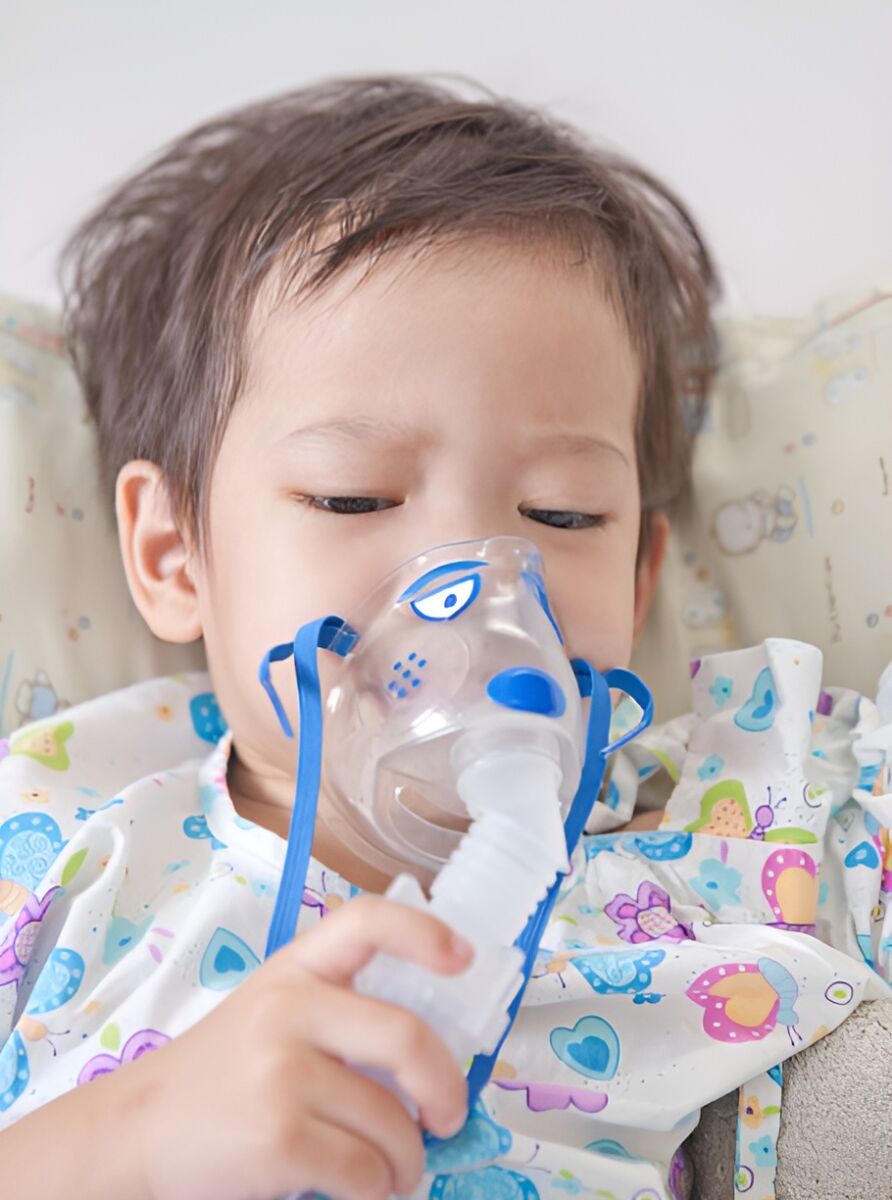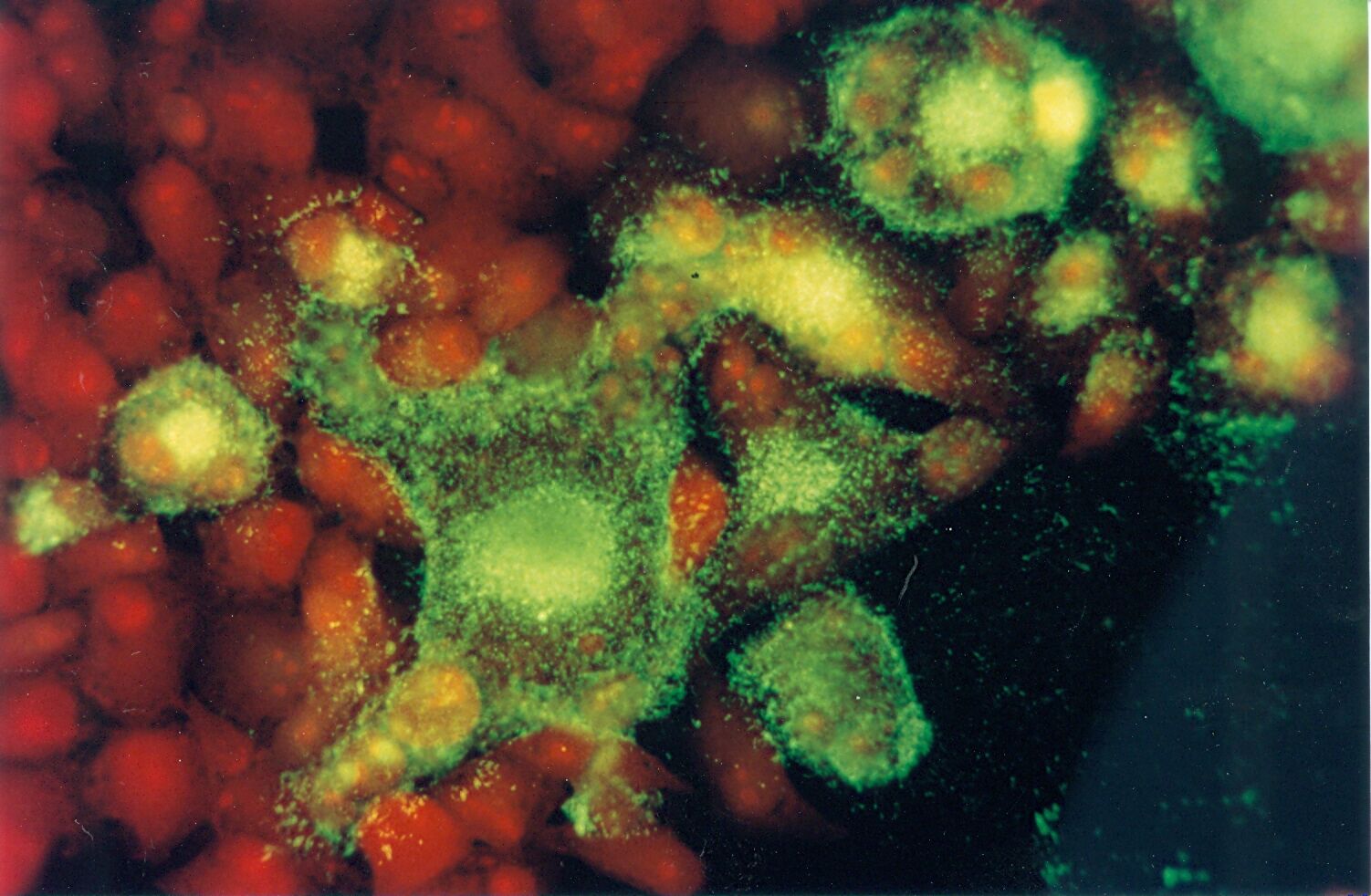Thailand health authorities warn about rising RSV infections among children

As the rainy season approaches, the Department of Disease Control is issuing a warning to parents to be on high alert for respiratory illnesses in young children, particularly those caused by the Respiratory Syncytial Virus (RSV). This virus is a significant concern for children aged 0-2 years, who are especially vulnerable to severe illness during this time of year.
Rising RSV cases
On June 26, 2024, Dr Thongchai Keeratihatthayakorn, Director-General of the Department of Disease Control, highlighted the increased risk of various respiratory infections during the rainy season, including COVID-19, influenza, pneumonia, and RSV. According to surveillance data from September 1, 2021, to June 8, 2024, Thailand has seen 1,226 cases of RSV out of 19,179 respiratory patients, with the majority of cases occurring in children under two years old.

The detailed data of case breakdowns according to age are as follows:
- Children under 2 years: 573 cases (46.74%)
- Children aged 2-5 years: 472 cases (38.50%)
- Individuals aged 5 and over: 181 cases (14.76%)
Sadly, RSV has resulted in three deaths, with a mortality rate of 0.24%. The virus also affects elderly individuals, especially those with chronic conditions.
RSV: A serious threat
Dr Apichart Vachiraphan, Deputy Director-General of the Department of Disease Control, emphasised that RSV is a common cause of severe pneumonia in both children and the elderly. The virus tends to spread more rapidly during the rainy and winter seasons, coinciding with the flu season. Its transmission is facilitated by the virus’s ability to survive on surfaces for several hours and spread through coughing or sneezing.
What is RSV
Respiratory syncytial virus (RSV), also known as a human respiratory syncytial virus (hRSV) and human orthopneumovirus, is a highly contagious virus that targets the respiratory system. This virus is characterised by its negative-sense, single-stranded RNA structure. The name RSV comes from the formation of large cells called syncytia, which result from the fusion of infected cells.
RSV is a significant cause of respiratory hospitalizations among infants. Although reinfection can occur throughout life, it tends to be less severe in older individuals. This virus poses a health risk to all age groups. Infection rates surge during the rainy and cold winter months, leading to bronchiolitis in infants, mild colds in adults, and serious respiratory conditions like pneumonia in the elderly and those with weakened immune systems.

Preventing RSV: What can you do?
To prevent the spread of RSV and other respiratory illnesses, the Department of Disease Control recommends the following measures:
- Frequent hand washing: Wash hands with soap and water often, or use alcohol-based hand sanitiser.
- Avoid touching your face: Do not touch your nose, mouth, or eyes with unclean hands.
- Do not share personal items: Avoid sharing items like glasses, spoons, and forks.
- Clean children’s toys regularly: Especially after a child has been sick, ensure toys are cleaned thoroughly.
- Avoid close contact with the sick: Stay away from individuals showing symptoms of respiratory illness.
For those already infected, it’s crucial to:
- Rest and stay home: Avoid spreading the virus by staying home and wearing a mask.
- Hydrate: Drink plenty of fluids to keep secretions from becoming too thick.
- Seek medical attention if necessary: If symptoms worsen, such as experiencing difficulty breathing or lethargy, consult a doctor immediately.
Stay informed and stay safe
Parents and guardians should remain vigilant during this season. If you need more information or assistance, you can contact the Thailand Department of Disease Control hotline at 1422. Keeping young children safe and healthy is a community effort, and by following these guidelines, one can reduce the impact of RSV and other respiratory illnesses this rainy season.
Latest Thailand News
Follow The Thaiger on Google News:


























